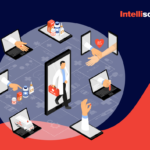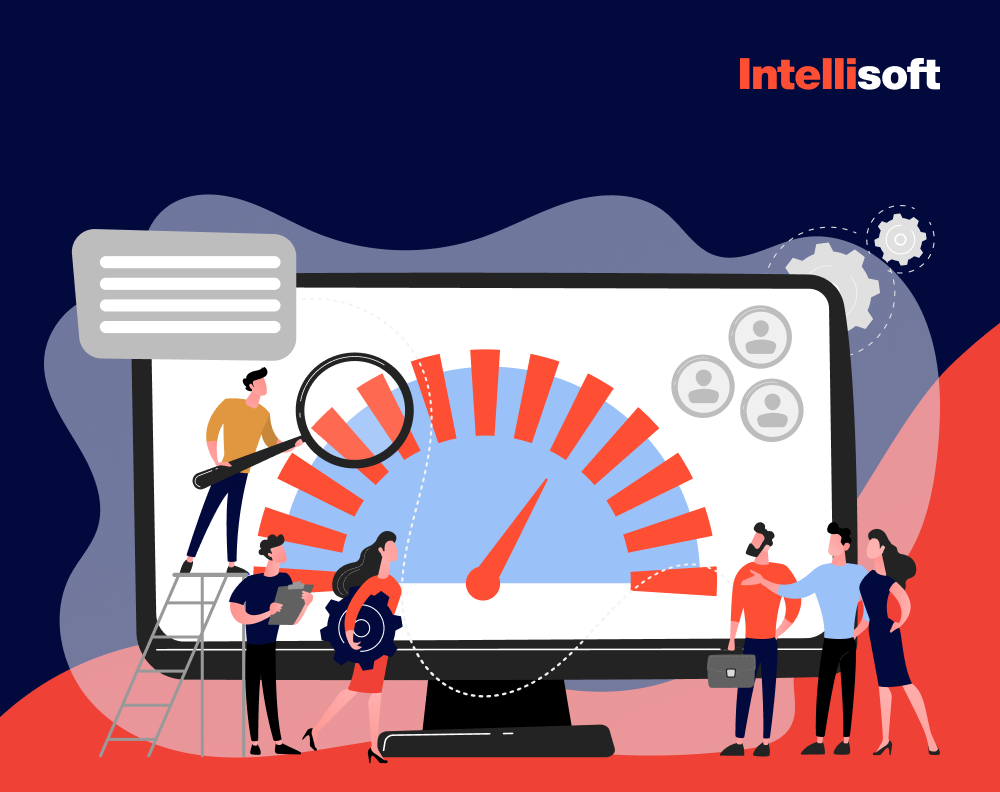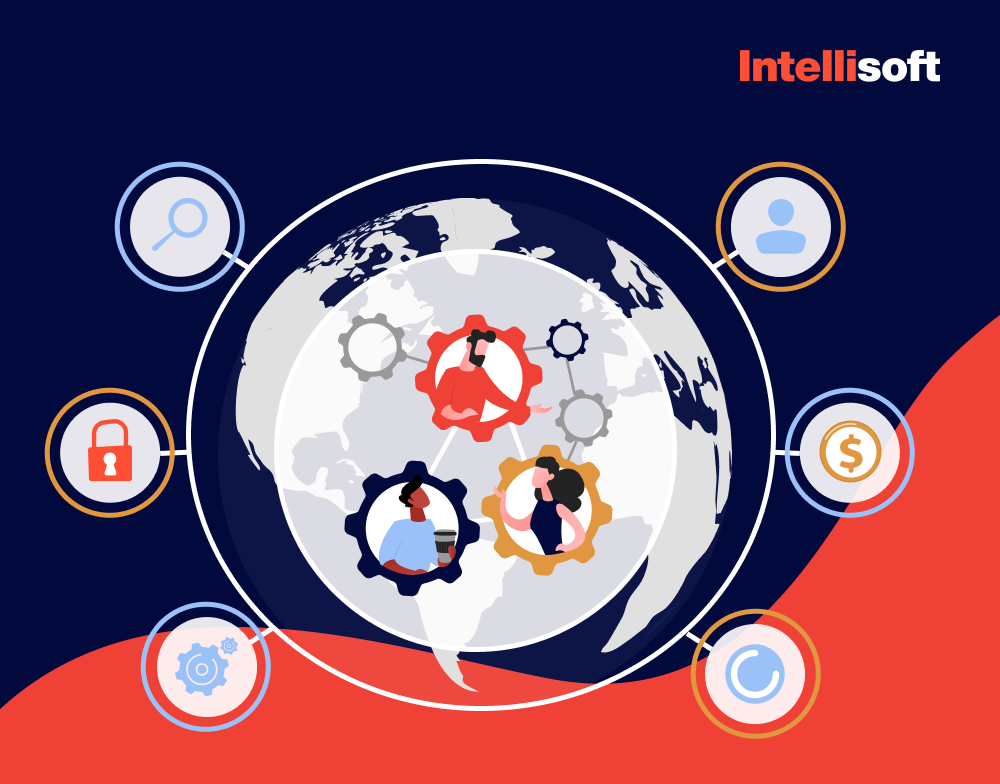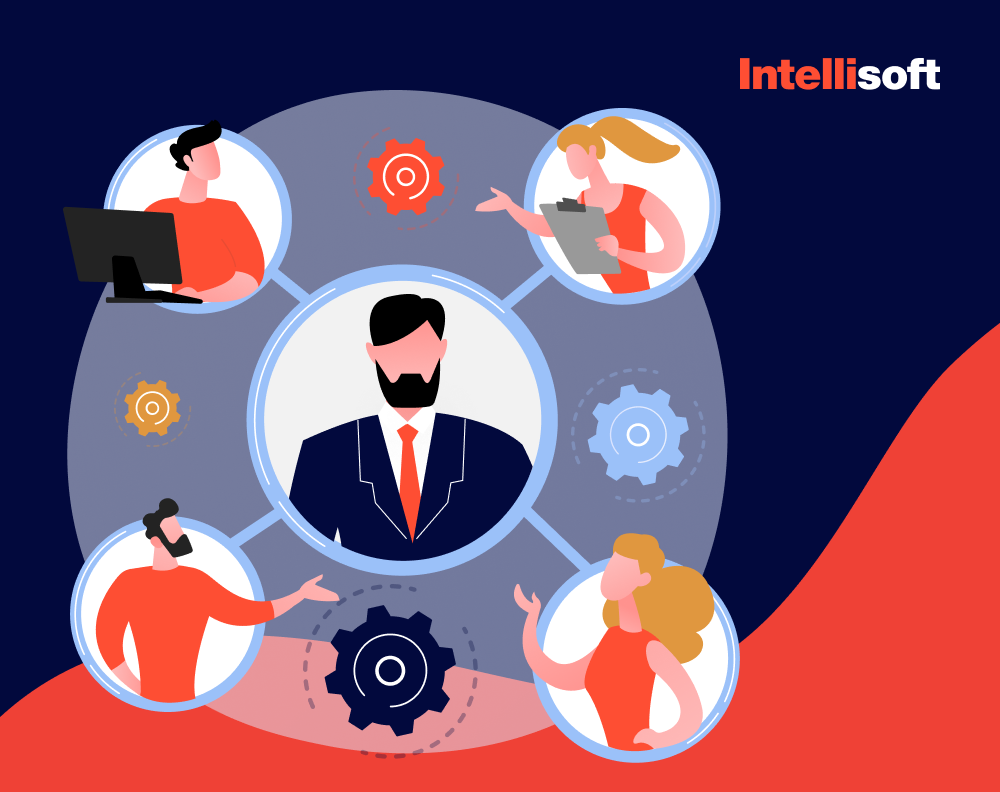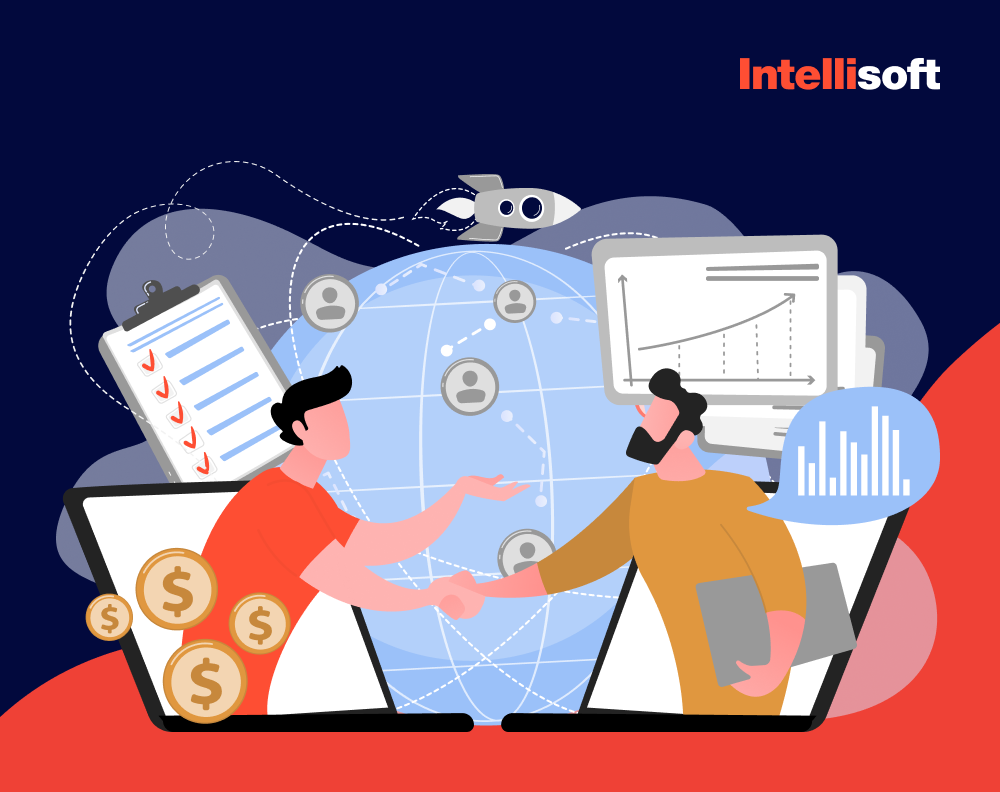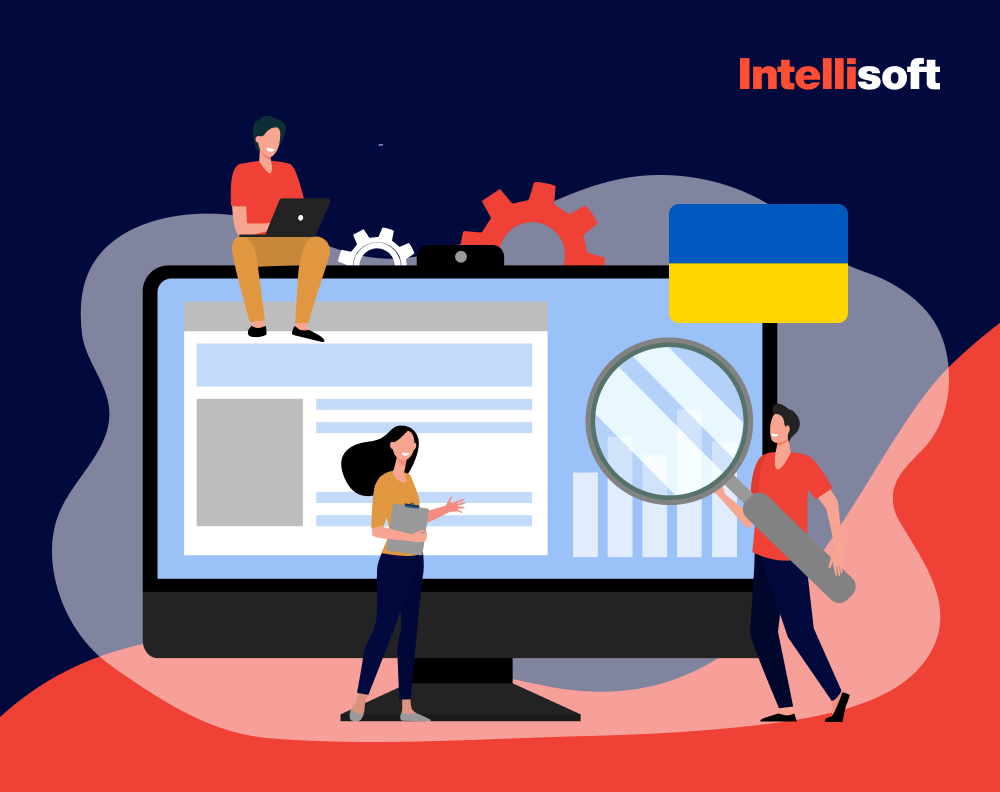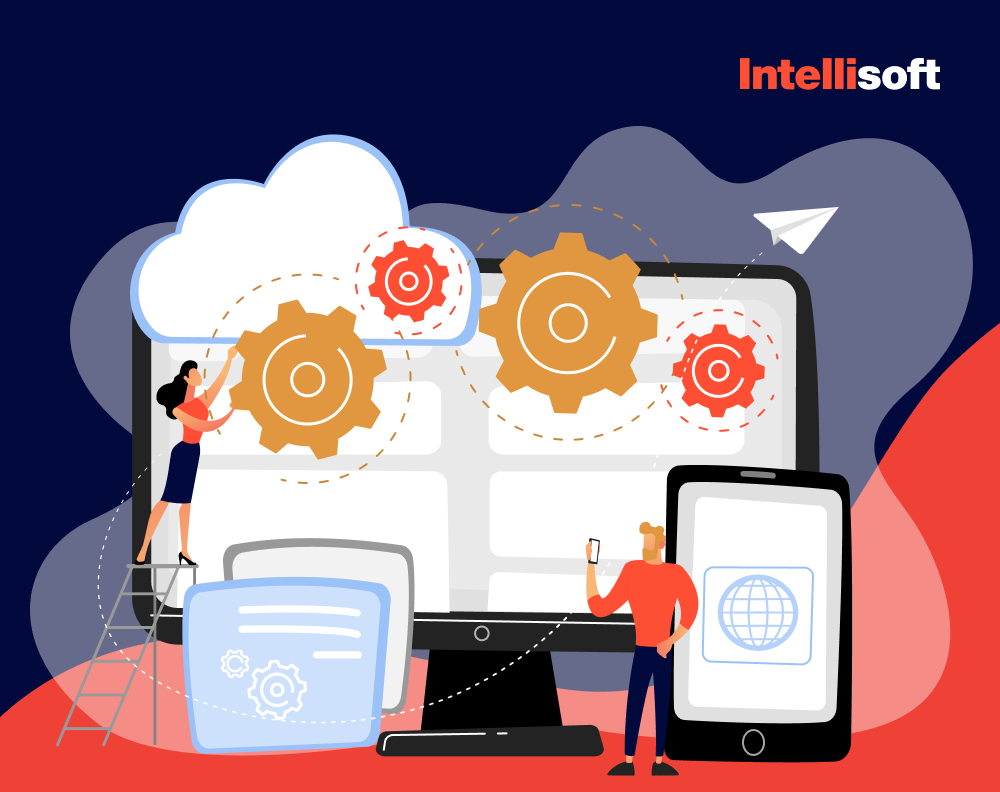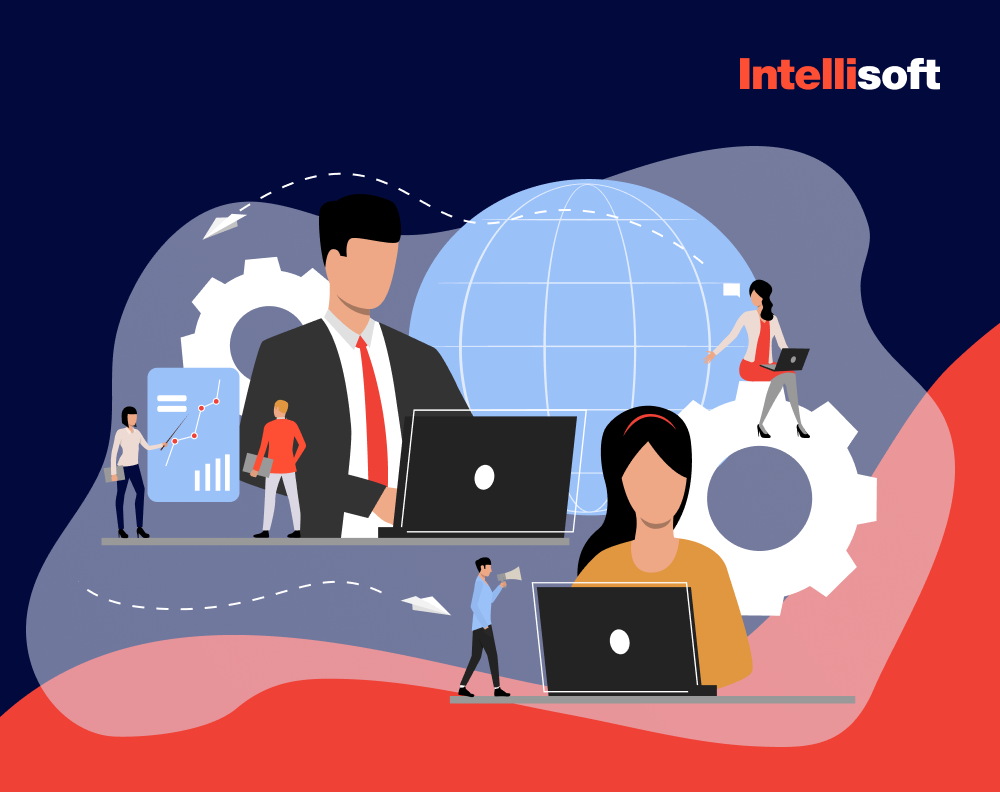Feeling overwhelmed by tech? You’re not alone. Between skyrocketing costs, a talent crunch, and the constant pressure to innovate, many businesses are hitting a wall. Outsourcing could be your escape route, but it’s a jungle out there with hundreds of new technology outsourcing trends.
Where do you even start? What should you outsource? Can you trust someone else with your business? These are valid concerns. But the good news is, technology outsourcing has grown up.
The proof is in the numbers: Spending on IT outsourcing is set to hit a whopping $971.2 billion in 2023, according to Statista. That’s a 22% jump from 2019. Clearly, businesses are catching on.
At IntelliSoft, we’ve been in outsourcing for 15 years. We’ve seen it all, from the good to the bad. Let’s cut through the noise and show you how to make outsourcing work for your business.
Table of Contents
Outsourcing Industry By Numbers
Before talking about the IT outsourcing industry trends, let’s talk numbers.
- According to IGS, 92% of G2000 companies are using outsourcing.
- In 2022, one of the main reasons why companies turned to third-party providers was to help them achieve higher levels of cybersecurity.
- The global IT services market was on track to eclipse $1.42 trillion in 2023, according to Statista.
- The outsourcing industry is poised to generate a staggering $512.47 billion in revenue in 2024, as projected by Statista.
- Web hosting, administration, and application development are the top three outsourcing sectors, accounting for a significant portion of the market.
What’s more, Stephen Covey stated that “Outsourcing and globalization of manufacturing allows companies to reduce costs, benefits consumers with lower-cost goods and services, causes economic expansion that reduces unemployment, and increases productivity and job creation.”
Technology Outsourcing Trends that Will Rule in 2024
The outsourcing world is no longer just about cost-cutting. It’s a dynamic arena where innovation, efficiency, and agility are the new battlegrounds. As technology continues to reshape industries, so too are the information technology outsourcing trends that businesses must embrace. Let’s dive into the hottest technology outsourcing trends set to dominate 2024.
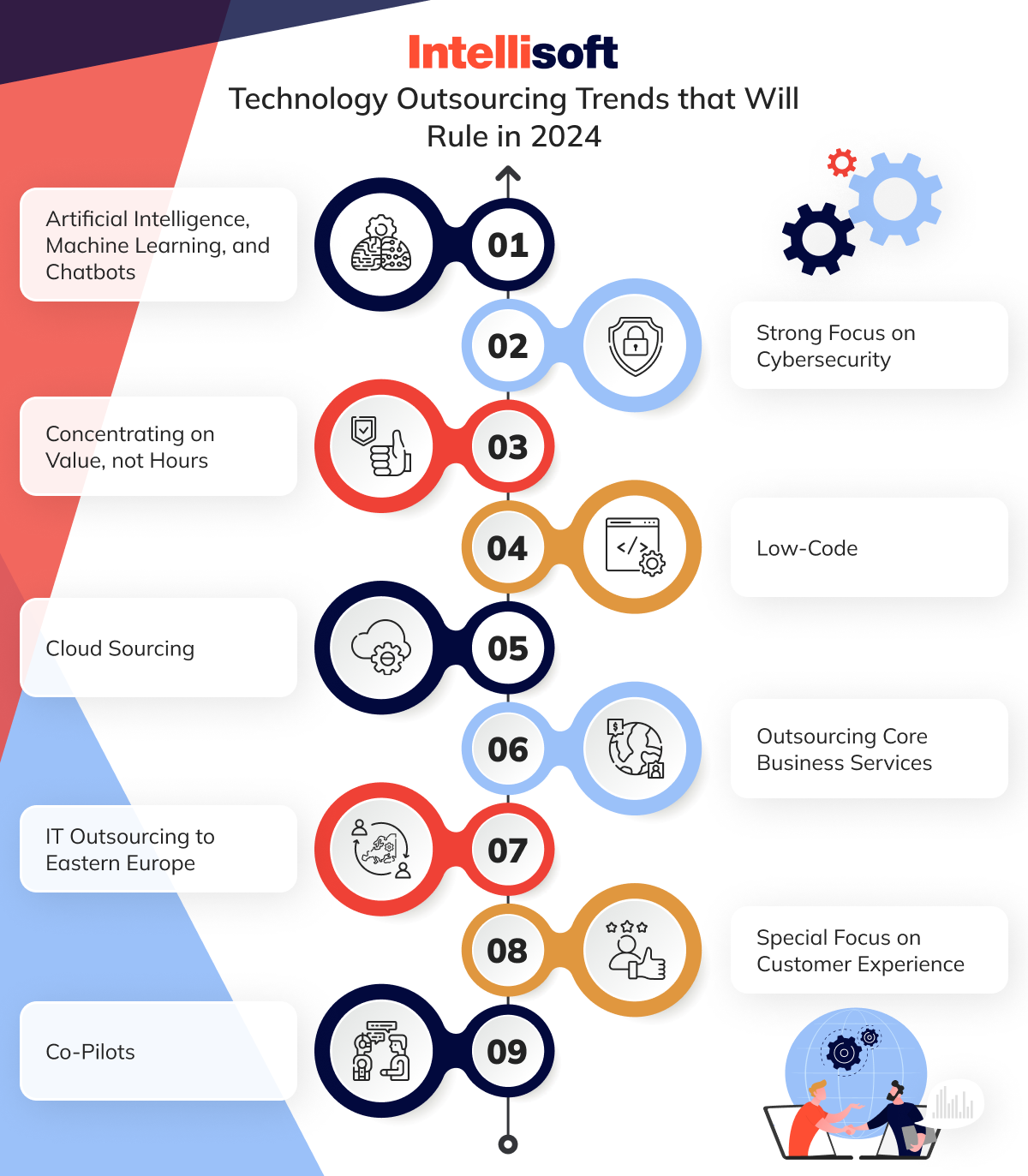
Artificial Intelligence, Machine Learning, and Chatbots
Yes, AI is taking over the world, and it’s one of the main IT infrastructure outsourcing trends.
AI in outsourcing isn’t just about improving efficiency and reducing costs. It’s about leveraging advanced technologies to create more personalized and innovative customer experiences.
For instance, the AI market is set to hit $1.85 trillion by 2030.
Key areas where AI is revolutionizing outsourcing include:
- Predictive analytics. Using historical data to forecast IT outsourcing trends and optimize operations.
- Customer service enhancement. Implementing AI-powered chatbots and virtual assistants for improved customer support.
- Process optimization. Identifying bottlenecks and inefficiencies to streamline workflows.
- Data-driven decision making. Leveraging AI-powered insights for informed business decisions.
By embracing AI, ML, and chatbots, outsourcing providers can deliver more value to their clients, drive innovation, and stay ahead of the competition.
Strong Focus on Cybersecurity
Former FBI head, Robert Mueller, famously said, “There are only two types of companies; those that have been hacked, and those that will be.” It’s a harsh truth, but it’s the digital world we live in. Hackers are like digital pirates, always on the lookout for treasure (your data).
Strong focus on cybersecurity is also among the key trends in IT outsourcing. These days, it’s like playing chess against a supercomputer – you need expert help. Outsourcing providers are those experts. They’re the security guards, the bomb disposal units, and the intelligence analysts all rolled into one.
From shielding your data from ransomware raiders to preventing phishing attacks that could sink your ship, cybersecurity outsourcing is no longer a luxury – it’s a necessity. It’s about staying one step ahead of the digital dark side and ensuring your business can weather any cyberstorm.
Concentrating on Value, not Hours
Gone are the days of simply counting billable hours. The outsourcing landscape is shifting towards a value-driven model. It’s no longer about how many hours are logged, but about the quality of the output and the impact on the business.
For instance, instead of paying for a fixed number of development hours, businesses may opt for a performance-based contract where the outsourcing provider is incentivized to deliver a successful product launch. Or, a marketing agency might be paid based on the increase in website traffic or conversion rates rather than by the hour. This shift in focus encourages innovation, problem-solving, and a deeper alignment between the outsourcing partner and the client.
Low-Code
Low-code development is revolutionizing the software development lifecycle.
Businesses can accelerate their application development processes by minimizing the need for extensive hand-coding, which allows them to bring products to market more quickly. Outsourcing providers are increasingly turning to low-code platforms to deliver solutions with greater speed and cost efficiency.
Low-code platforms enable companies to swiftly create and deploy applications, respond to market shifts, and maintain a focus on their core strengths. This method also fosters stronger collaboration between IT and business teams, resulting in solutions that are better aligned with user needs.
These platforms often include pre-built components and integrations, which streamline the development process and shorten the time it takes to bring applications to market.
Cloud Sourcing
Cloud sourcing is also among the latest technology outsourcing trends. As organizations strive to improve agility, scalability, and cost-effectiveness, they are increasingly adopting cloud-based solutions.
Utilizing cloud resources allows businesses to tap into a vast array of computing power without requiring substantial upfront investments. Furthermore, outsourcing providers assist organizations in navigating the complexities of the cloud, helping them choose the most appropriate platforms and services to meet their business goals.
For example, a retail company might outsource its IT infrastructure to a cloud provider to handle peak shopping seasons without investing in additional on-premises hardware. A software development company could utilize a cloud-based platform to develop and deploy applications faster and more efficiently.
Outsourcing Core Business Services
Businesses are increasingly exploring the potential of outsourcing core business services to gain a competitive edge. These IT services outsourcing trends are fueled by the desire to focus on strategic initiatives, tap into specialized expertise, and improve operational efficiency.
Outsourcing core business services can involve functions such as product development, marketing, sales, and even parts of the supply chain. By partnering with specialized outsourcing providers, companies can access a pool of talent, leverage advanced technologies, and benefit from economies of scale.
For example, a manufacturing company might outsource product design and development to an external firm with deep industry expertise.
IT Outsourcing to Eastern Europe
Eastern Europe has become a focal point for IT outsourcing. Countries like Poland, Ukraine, Romania, and the Czech Republic have cultivated robust IT sectors, producing a wealth of skilled professionals. This region offers a compelling blend of cost-efficiency and high-quality IT services.
Businesses are drawn to Eastern Europe for several reasons. The availability of a large talent pool with strong technical expertise is a primary factor. Additionally, competitive labor costs make it an attractive option for companies seeking to optimize their IT budgets. Furthermore, these countries have made significant investments in education and infrastructure, fostering a thriving IT ecosystem.
Special Focus on Customer Experience
Customer experience (CX) has become the new battleground for businesses. Outsourcing providers are recognizing the pivotal role they play in shaping a company’s brand and driving customer loyalty. By focusing on CX, outsourcing partners can help businesses deliver exceptional experiences throughout the customer journey.
Key areas of focus include:
- Customer journey mapping. Understanding the customer’s interactions with a brand to identify pain points and opportunities for improvement.
- Customer support optimization. Implementing efficient and effective customer support channels, such as live chat, email, and social media.
- Customer feedback analysis. Collecting and analyzing customer feedback to identify IT outsourcing trends and areas for improvement.
- Personalized customer experiences. Leveraging data and technology to deliver tailored interactions.
By prioritizing customer experience, outsourcing providers can help businesses build stronger customer relationships, increase customer satisfaction, and drive business growth.
Co-Pilots
The concept of co-pilots is gaining traction in various industries, and outsourcing is no exception. In the outsourcing context, co-pilots can be used to augment human expertise with AI capabilities.
For example, an AI co-pilot can assist human agents in handling customer inquiries by providing real-time information, suggesting appropriate responses, and automating routine tasks.
Additionally, co-pilots can be employed in software development, where AI can assist developers in writing code, testing software, and identifying potential issues. This can accelerate development cycles and reduce errors.
Related Readings:
- Outsourcing vs Offshoring: Discover Which Model Maximizes Efficiency?
- Best Countries To Outsource Software Development
- Hire Developers for Startup: Key Strategies for Success
- Everything You Need to Know About Team Extension and Dedicated Team Models
- Outsourcing vs. Outstaffing Models: What Is the Difference and Their Pros & Cons
Impact of Global Events on IT Outsourcing
Global events, from economic downturns to geopolitical crises, have a profound impact on the IT and health care technology outsourcing trends. These external factors can disrupt supply chains, influence talent availability, and shape business priorities. Let’s examine how two significant events – the COVID-19 pandemic and geopolitical factors – have reshaped the outsourcing industry.
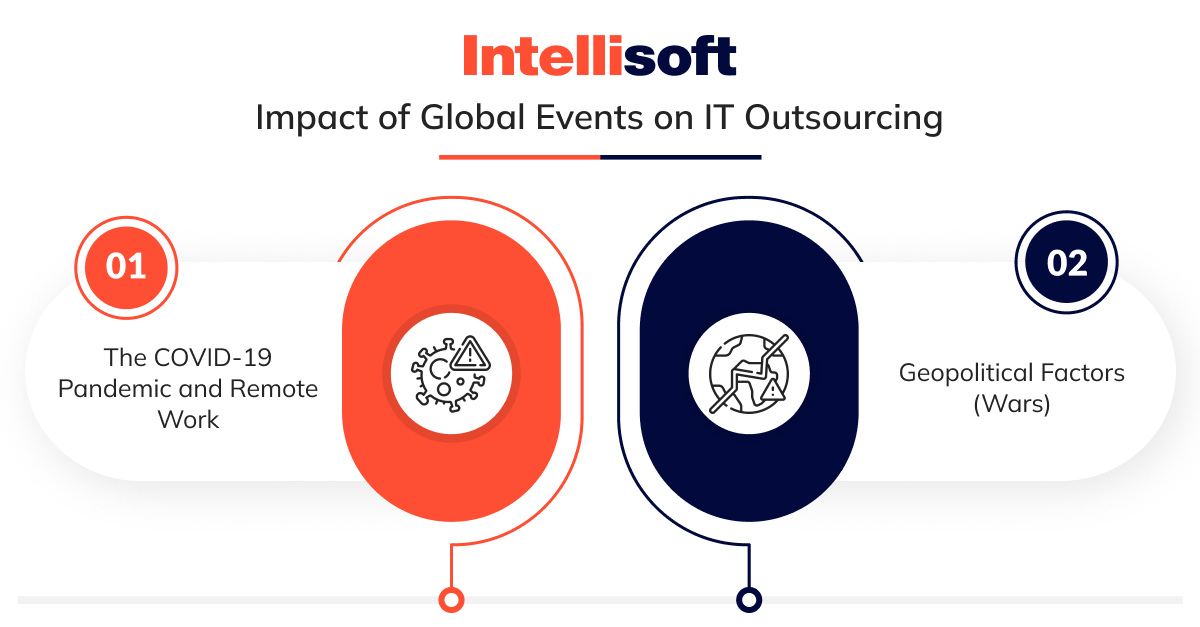
The COVID-19 Pandemic and Remote Work
The COVID-19 pandemic acted as a significant driver of swift digital transformation across various industries. As companies around the globe faced the realities of lockdowns and social distancing, the demand for remote work capabilities, digital collaboration tools, and robust cybersecurity measures grew dramatically.
In response, IT outsourcing providers found themselves at the forefront, responsible for delivering cutting-edge solutions to meet these urgent needs. The pandemic spurred the rapid adoption of digital technologies, leading to widespread cloud migration, infrastructure enhancement, strengthened cybersecurity, and the development of digital work environments, all of which have fundamentally altered the outsourcing landscape.
Geopolitical Factors (Wars)
Geopolitical tensions and conflicts introduce significant complexities and risks to the IT outsourcing industry.
Outsourcing providers must exercise heightened vigilance, diversify their supplier base, and implement robust risk management strategies to mitigate potential disruptions. Additionally, the geopolitical climate can influence data privacy regulations and cybersecurity threats, necessitating a proactive approach to compliance and security.
Best Practices in Navigating IT Outsourcing Trends 2024
By carefully selecting partners, establishing effective communication channels, and fostering a culture of adaptability, businesses can successfully navigate the evolving outsourcing landscape.
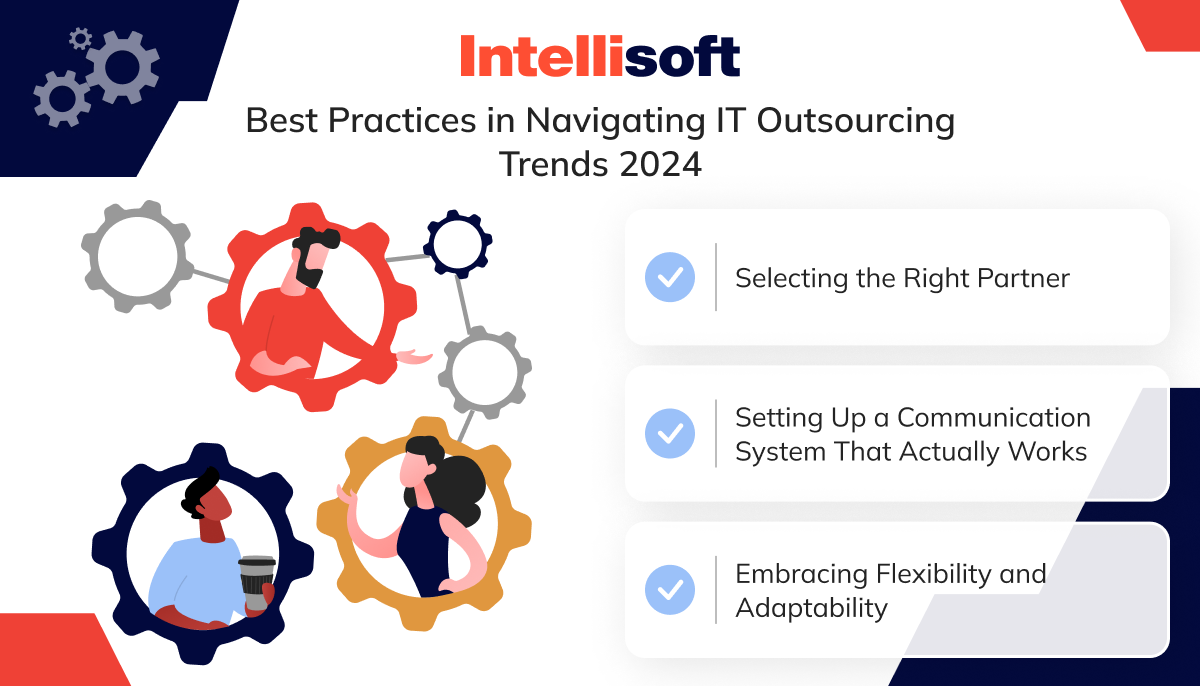
Selecting the Right Partner
Choosing the right outsourcing partner is critical for the success of any IT outsourcing project. A thorough assessment process should include evaluating the partner’s expertise in the relevant industry, their technical skills, and their service delivery approach. It’s also important to ensure that the partner’s values and organizational culture align with those of your company. Evaluating their capability to address specific business needs, along with their dedication to quality, security, and compliance, is essential. Establishing a partnership based on trust, transparency, and open communication is key to fostering a long-lasting and effective collaboration.
Setting Up a Communication System That Actually Works
Successful outsourcing hinges on robust communication practices. It’s vital to create well-defined communication channels, roles, and responsibilities from the outset. Adopting a proactive communication strategy, which includes active listening and clear expression of expectations, helps build a cooperative and productive working relationship.
Embracing Flexibility and Adaptability
The IT sector is marked by rapid technological changes and shifting business needs. To excel in this ever-evolving landscape, organizations must foster a culture of flexibility and openness to new ideas. This involves staying abreast of technological advancements, exploring creative solutions, and remaining adaptable to change. Outsourcing partners should also exhibit this adaptable mindset, responding effectively to evolving priorities and new challenges. Regular evaluations of the outsourcing relationship are crucial to measure performance, identify improvement opportunities, and ensure alignment with changing business goals.
Why Outsource With IntelliSoft
Finding the right IT outsourcing partner is crucial for achieving success. At IntelliSoft, we leverage over 15 years of experience to provide businesses with reliable and innovative IT solutions.
Deep Understanding of Your Needs
We start by fully grasping your business goals, industry challenges, and specific needs. This comprehensive understanding allows us to tailor our solutions to fit your organization precisely.
Proven Success
Our portfolio reflects our effectiveness. We have worked with a range of companies, from startups such as ZyLab to well-established firms like Ingram Barge and GrowthWheel. Each project highlights our ability to deliver results that drive growth and success.
Commitment to Adaptability
The IT field evolves quickly, and so do we. Our team is dedicated to staying current with the latest technologies and trends, ensuring that our solutions remain relevant and competitive.
Focus on Clear Communication
Building a solid foundation of trust and transparency is essential. We ensure effective communication by establishing clear channels, using collaborative tools, and maintaining open dialogue throughout the development process.
Interested in how IT outsourcing can enhance your business? Contact IntelliSoft today to explore how we can support your goals.
